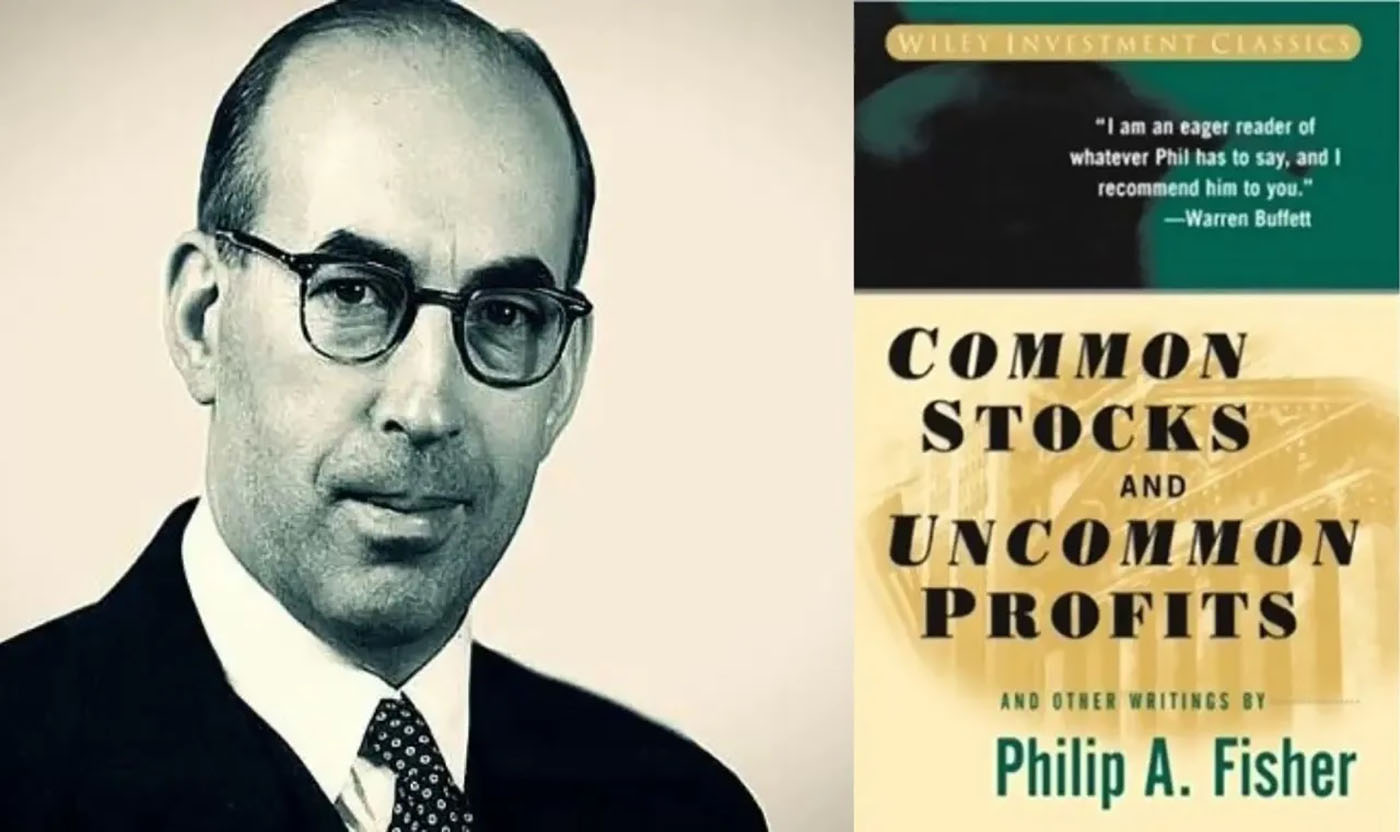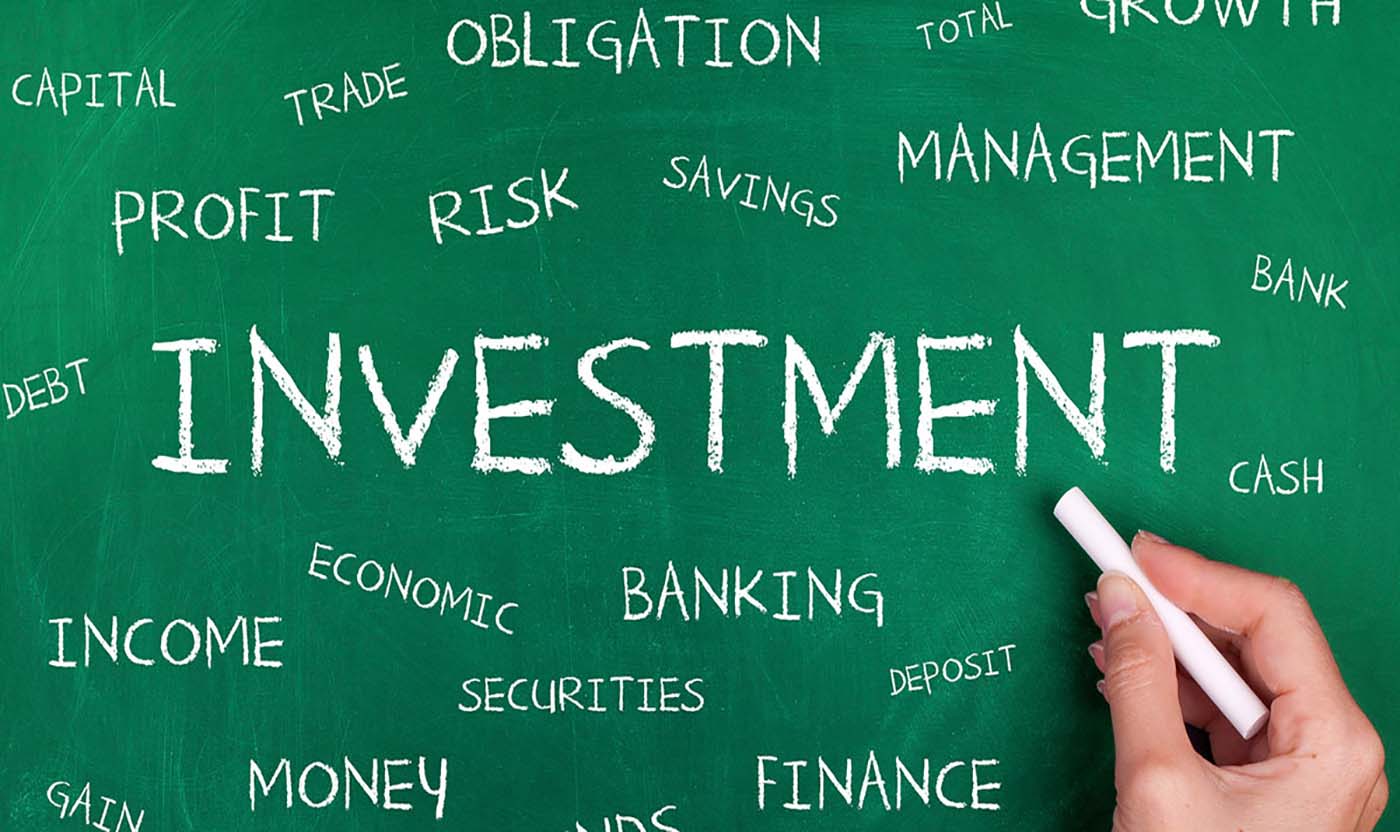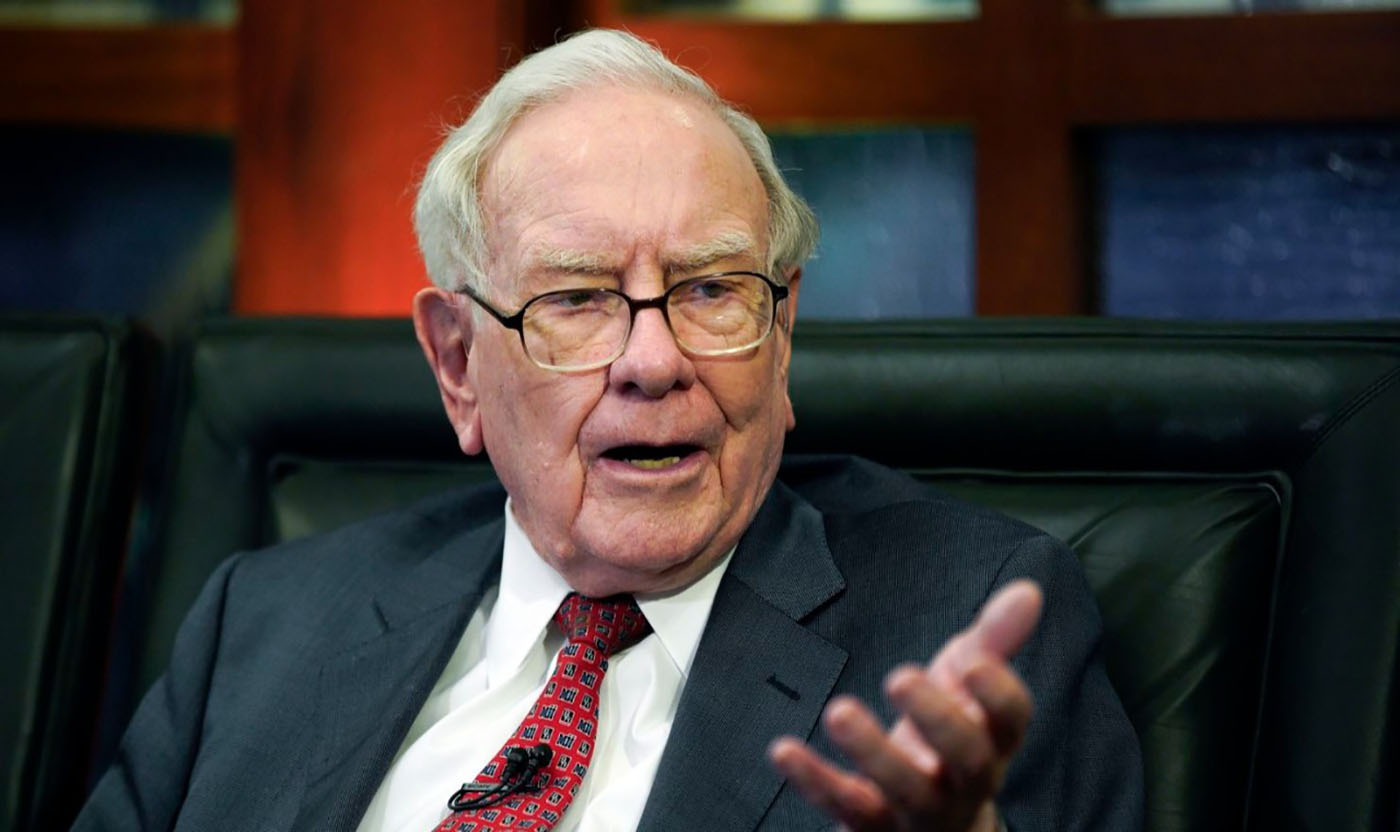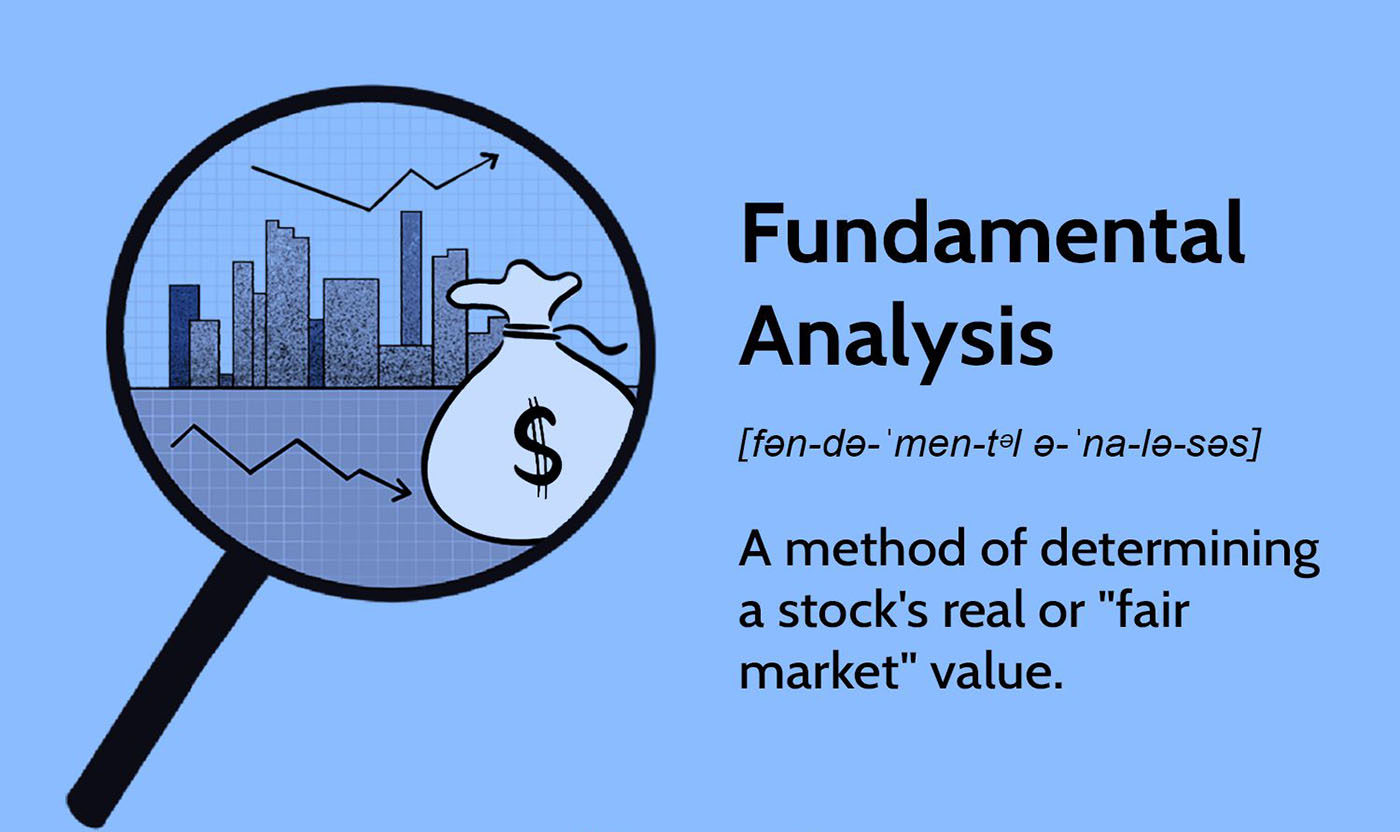In 2025, the world of investing has become more dynamic and complex than ever before. With the rapid pace of technological change, the rise of cryptocurrencies, and the volatility of global markets, investors are faced with an environment that demands a deep understanding of both markets and human behavior. But where do you begin if you’re looking to improve your investing acumen and make smarter, more strategic decisions?
While tools like advanced trading software, AI algorithms, and automated platforms can help streamline your process, there’s one timeless resource that should always be part of your arsenal: books.
Books have the unique ability to offer a blend of theoretical frameworks and practical wisdom that can shape your investment philosophy. Whether you’re just starting out in your investment journey or you’re an experienced trader looking to refine your strategy, the right books can serve as powerful guides. So, let’s dive into a list of 10 books that can revolutionize the way you approach investing and change the course of your career in the stock market.
1. “The Intelligent Investor” by Benjamin Graham
Why It’s Essential
When most people think of investing books, Benjamin Graham’s “The Intelligent Investor” is usually at the top of the list. This classic, first published in 1949, is considered the Bible of value investing. It is the book that shaped the investing strategies of some of the wealthiest investors of all time, including Warren Buffett.
What makes this book so influential is Graham’s focus on the principles of value investing—a method of buying stocks that are undervalued by the market. He emphasizes the importance of thorough research, the concept of “margin of safety,” and how to protect yourself from market volatility.
In 2025, with the rise of high-frequency trading and AI-driven stock picks, the timeless lessons in this book are more relevant than ever. It’s a book that will guide you in thinking critically about the long-term health of a company rather than reacting to short-term market movements.
Key Takeaways
- Margin of Safety: Invest with a cushion to protect against market swings.
- Mr. Market: A metaphor for the stock market’s irrational behavior.
- Value Investing: Focus on buying undervalued assets with strong fundamentals.
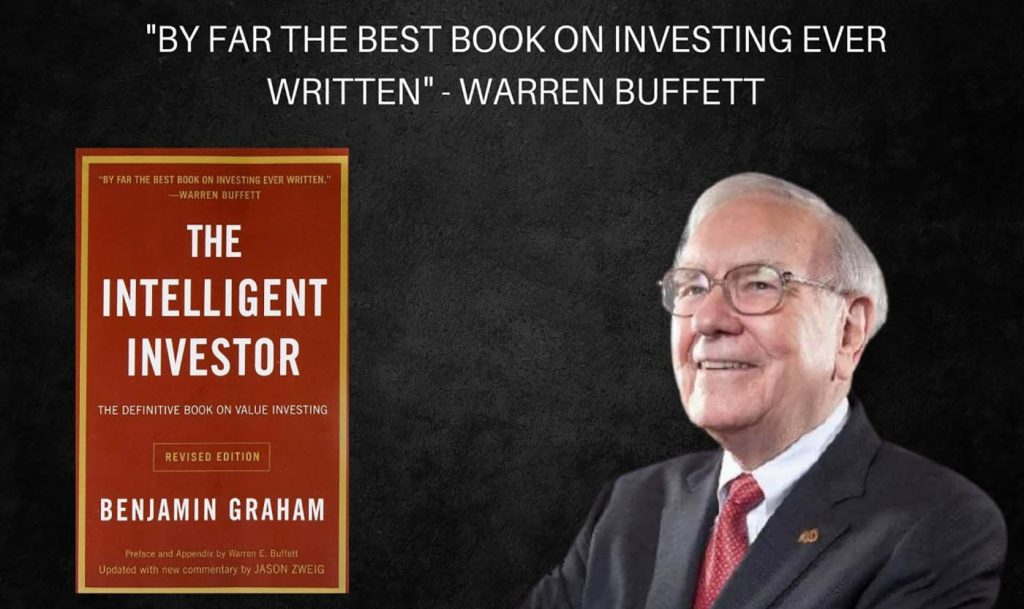
2. “Common Stocks and Uncommon Profits” by Philip Fisher
Why It’s Essential
Philip Fisher’s “Common Stocks and Uncommon Profits” is another cornerstone of the investing world. Fisher’s work focuses on the qualitative aspects of investing. While Graham is known for his emphasis on financial analysis and valuation, Fisher takes a deep dive into the quality of a business and its potential for growth.
Fisher introduces the concept of scuttlebutt research, a method of investigating a company by speaking to competitors, suppliers, and customers to gather insights beyond traditional financial statements.
In 2025, as investors face increasing amounts of data, Fisher’s approach is a powerful reminder that investing isn’t just about numbers. Understanding a company’s culture, its management team, and the potential for long-term growth is equally important.
Key Takeaways
- Scuttlebutt Research: Dig deeper than just financial statements; talk to people inside and outside the company.
- Quality Businesses: Focus on companies with strong growth potential and superior management.
- Long-Term Investing: Look for stocks that have the potential to grow for years, not just months.
3. “A Random Walk Down Wall Street” by Burton Malkiel
Why It’s Essential
Burton Malkiel’s “A Random Walk Down Wall Street” is one of the most important books for understanding the efficient market hypothesis (EMH). According to Malkiel, the market prices all available information into the stock price, meaning that stock prices are essentially unpredictable in the short term.
This book serves as an excellent introduction to the concept of index investing and the advantages of buying and holding a broad market index rather than trying to beat the market through stock picking.
In 2025, with the increasing popularity of passive investing and exchange-traded funds (ETFs), Malkiel’s ideas are more relevant than ever. Whether you’re an experienced investor or just starting, the book helps you understand why market timing is generally ineffective, and why low-cost passive investing is often the best long-term strategy.
Key Takeaways
- Efficient Market Hypothesis: All publicly available information is already reflected in stock prices.
- Passive Investing: Index funds often outperform actively managed funds.
- Long-Term Approach: Ignore short-term market fluctuations and focus on long-term growth.
4. “The Little Book of Common Sense Investing” by John C. Bogle
Why It’s Essential
John Bogle, the founder of Vanguard Group, revolutionized the investing world with the creation of the index fund. His book, “The Little Book of Common Sense Investing”, distills his investing philosophy into simple, actionable insights.
Bogle’s core belief is that investors should focus on the long-term growth of their investments and avoid the temptation to chase quick returns. He advocates for low-cost index funds, which he believes are the best way to achieve consistent returns without incurring high fees.
In 2025, with the continuing rise of low-cost ETFs and increasing awareness of the costs of active management, Bogle’s principles are more crucial than ever for investors who want to maximize their returns over the long run.
Key Takeaways
- Low-Cost Index Funds: Focus on funds with low fees to maximize your returns.
- The Power of Compounding: Invest consistently and let your money grow over time.
- Avoid Market Timing: Ignore short-term fluctuations and invest with a long-term mindset.
5. “The Psychology of Money” by Morgan Housel
Why It’s Essential
Morgan Housel’s “The Psychology of Money” takes a different approach from traditional investing books by focusing on the psychological factors that influence investment decisions. It examines how emotions, biases, and behavioral patterns shape the way people think about money and investing.
In today’s fast-paced and emotionally charged market, understanding the psychology of investing has become just as important as financial knowledge. Whether it’s resisting the urge to sell during a market dip or knowing when to hold on to a long-term winner, this book provides valuable insights into how human psychology influences our financial decisions.
For 2025 investors, Housel’s book is a must-read because it helps you understand why you might make irrational decisions and teaches you how to overcome those tendencies to become a more disciplined investor.
Key Takeaways
- The Role of Luck and Risk: Success in investing is often a combination of skill and luck.
- The Importance of Patience: Great wealth is often the result of long-term patience and discipline.
- Behavioral Biases: Recognize your biases (like overconfidence or loss aversion) to make better decisions.
6. “The Big Short” by Michael Lewis
Why It’s Essential
If you want to understand the complexities of the financial crisis of 2008 and the behavior of markets during times of extreme volatility, then Michael Lewis’ “The Big Short” is a must-read. The book follows the events leading up to the subprime mortgage crisis and the individuals who profited from predicting the collapse.
While the book is a historical look at a specific event, it offers invaluable lessons about market bubbles, overleveraging, and the risks of speculative investing. It’s a powerful reminder that financial markets are often driven by human error, emotions, and greed.
In 2025, with the rise of new financial products like cryptocurrencies and tokenized assets, understanding the risks that come with speculative investments is more important than ever.
Key Takeaways
- Market Bubbles: Understand the signs of speculative bubbles and the dangers of getting caught in them.
- Risk Management: Always be aware of the risks involved in any investment, especially highly leveraged ones.
- Behavioral Economics: The financial crisis showed how human behavior and decision-making can impact markets.
7. “Principles: Life and Work” by Ray Dalio
Why It’s Essential
Ray Dalio, the founder of Bridgewater Associates, one of the world’s largest hedge funds, offers powerful insights into investing and life through his book “Principles”. Dalio’s approach to decision-making, risk management, and personal growth is based on his own principles, which have guided his career and the success of his hedge fund.
Dalio emphasizes the importance of radical transparency, systematic thinking, and the ability to learn from failure. His principles can help you make better decisions, manage risks, and avoid cognitive biases—skills that are essential in navigating the modern investing world.
In 2025, Dalio’s concepts on how to think critically and approach the markets with a disciplined mindset are invaluable as investors face increasing complexity and volatility.
Key Takeaways
- Radical Transparency: Be open to feedback and mistakes, which help you grow.
- Systematic Decision-Making: Use principles and rules to guide your decisions, not emotions.
- Diversification: A key principle in reducing risk and maximizing returns.
8. “The Millionaire Next Door” by Thomas J. Stanley and William D. Danko
Why It’s Essential
This book is not specifically about stock investing, but it provides valuable insights into how ordinary people build wealth over time through discipline, saving, and living below their means. The book’s findings are based on interviews with millionaires in the U.S., and it shatters many misconceptions about how wealth is accumulated.
For investors in 2025, “The Millionaire Next Door” serves as a reminder that the real key to wealth isn’t always about picking the right stocks—it’s about building solid financial habits and maintaining a long-term perspective.
Key Takeaways
- Frugality and Saving: Building wealth is more about saving consistently than spending on luxuries.
- Long-Term Consistency: Millionaires are often ordinary people who invest over long periods.
- Asset Allocation: Be strategic about where you invest your money, not just how much.
9. “Fooled by Randomness” by Nassim Nicholas Taleb
Why It’s Essential
Taleb’s book focuses on the role of randomness, luck, and uncertainty in financial markets. He challenges the idea that success in investing can always be attributed to skill, arguing that much of what happens in markets is purely random.
Taleb’s Black Swan theory—the idea that rare, unpredictable events can have massive consequences—adds an important perspective for investors navigating the highly uncertain world of 2025.
Key Takeaways
- The Role of Luck: Many successful investors might just be lucky.
- Black Swan Events: Prepare for the unexpected by focusing on risk management and avoiding major losses.
- The Limits of Knowledge: Accept that you can never fully predict market movements.
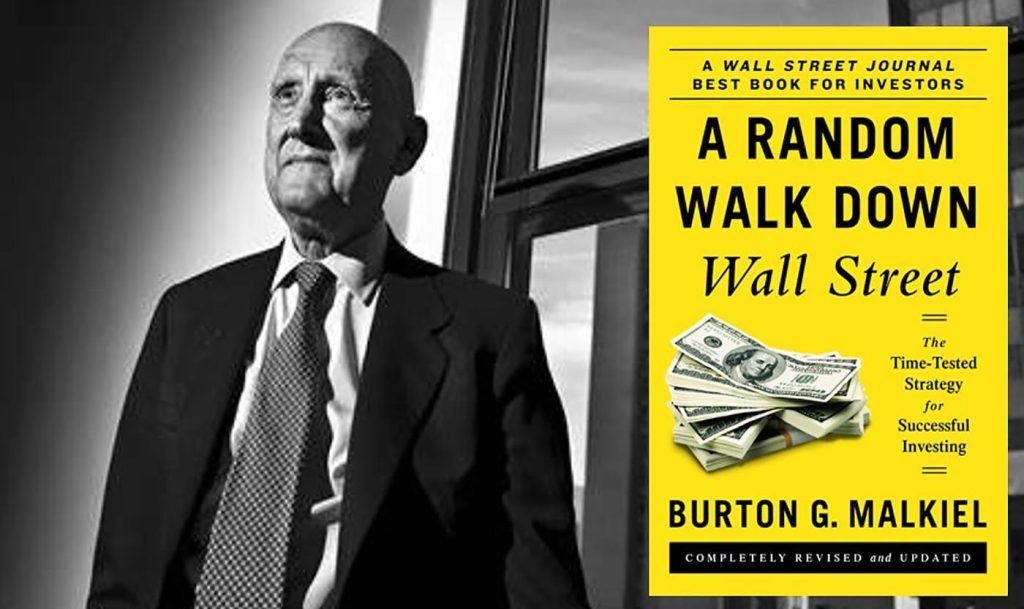
10. “One Up On Wall Street” by Peter Lynch
Why It’s Essential
Peter Lynch, the legendary manager of the Fidelity Magellan Fund, shares his approach to investing in “One Up On Wall Street”. He encourages investors to look for hidden gems in everyday life—companies that are well-managed and have strong growth potential but are overlooked by Wall Street analysts.
This book is particularly useful for those who want to take a more active role in stock picking but in a methodical, research-driven way. Lynch teaches readers how to identify undervalued stocks with strong potential for long-term gains.
Key Takeaways
- Invest in What You Know: Look for companies and products that you understand and believe in.
- Research is Key: The best investments are often those you can understand at a fundamental level.
- Growth Investing: Focus on companies with solid growth prospects.
Build a Strong Foundation
In 2025, the stock market is more complex than ever, but these 10 books provide invaluable lessons on everything from value investing to psychology to long-term wealth creation. Whether you’re just starting your investment journey or you’re a seasoned investor, the principles and strategies outlined in these books will help you make informed decisions, avoid costly mistakes, and, ultimately, transform your investing career.
By combining practical strategies with a deep understanding of human behavior, you’ll be better equipped to navigate the unpredictable world of investing and build a successful, sustainable investment portfolio. So, take the time to dive into these books, and watch your investment knowledge—and success—flourish.
